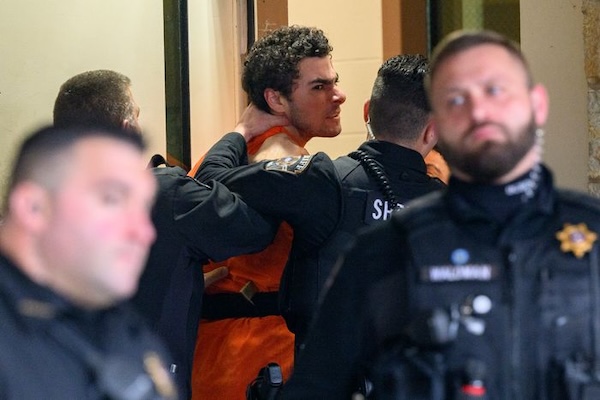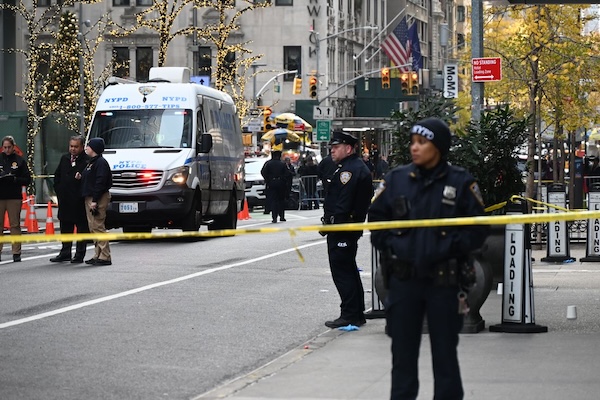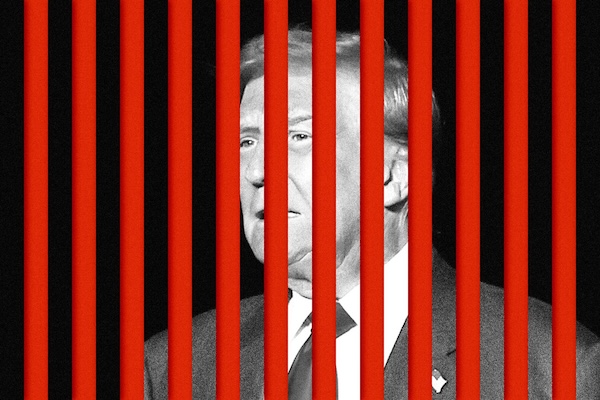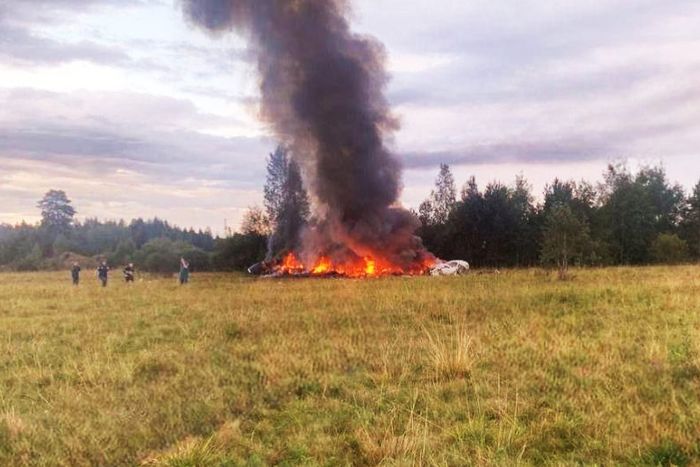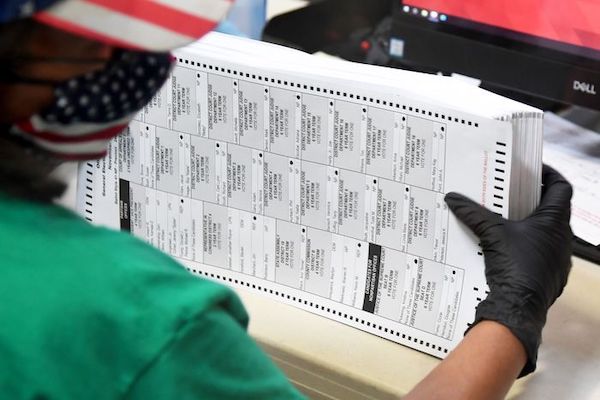This article originally ran on Tuesday, December 10, 2024 in New York magazine.
Former FBI agent Jerry Clark served six years on the Cincinnati division’s violent-crime fugitive task force and was later the lead investigator on the notorious “Pizza Bomber” murder case. Today, he’s a professor of criminology at Gannon University in Erie, Pennsylvania, and the co-author of four books, including On the Lam: A History of Hunting Fugitives in America. We talked to him about the manhunt for Luigi Mangione, who allegedly fled from Manhattan after gunning down UnitedHealthcare CEO Brian Thompson on December 4.
How does law enforcement go about apprehending a fugitive?
You start out with, “What do we know happened?” Then you start to piece together how he got to the scene and where he went after he left, and you start searching for imagery. We call it canvassing. In the digital age, every business has a camera, every person has a camera in their pocket. So you’ll canvass and follow the trail of where the last known sighting was.
It takes hours and hours of painstaking police work to get those videos. They don’t just appear. You’ve got to go find them. I used to even look at people riding on the bus. If there’s a bus route near where the suspect was last seen, you find the bus driver who was working that shift and ask if they have any regular customers, then put out a note asking anybody that was riding this bus at this time to give you a call. It’s all just hard gruntwork.
And then you go through hours of footage. Once you have a clear image, you put it out over the media as quickly as possible to get the help of the public. You’re creating digital billboards so that everybody gets to see this face. Now you’ve got millions of investigators.
Continue reading How Luigi Mangione Probably Gave Himself Away